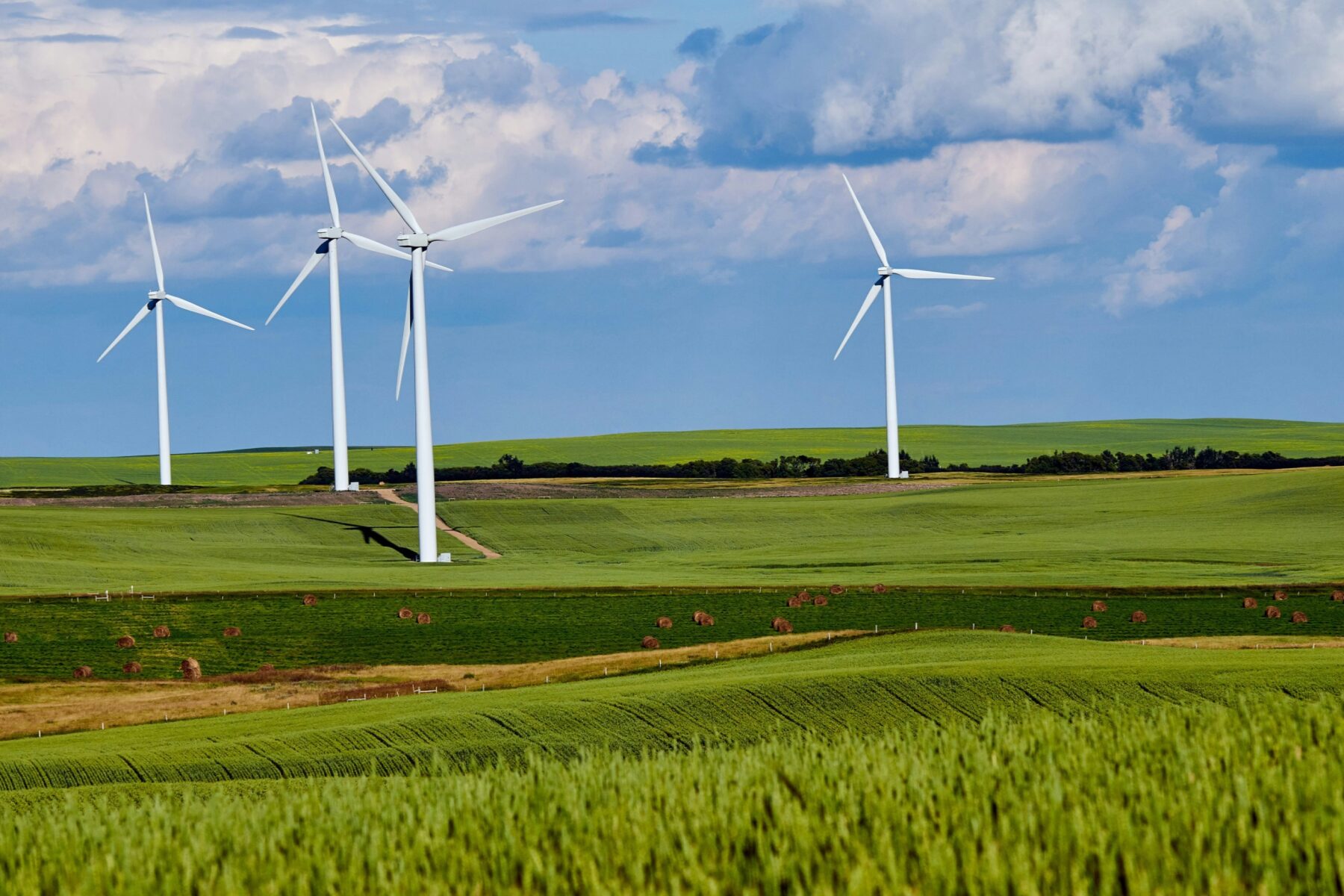In this piece, Dr Rebecca Windemer, Community Energy Lead, Regen discusses three policy recommendations for implementing community-centric initiatives for meeting the UK’s renewable energy targets.

Meeting our renewable energy targets in a way that benefits communities
The UK Government currently has ambitious, but necessary, targets of decarbonising the power sector by 2035 and becoming net zero by 2050. To achieve these targets at the pace and scale required, public support and local acceptance of projects will be key.
The design of our future energy policies provides an important opportunity to ensure that communities are not only involved in the energy system but also benefit directly from it. Harnessing insights from social science will be key to crafting policies that not only meet energy targets, but also foster social cohesion and equity. In this article I explore three evidence-based policy directions aimed at meeting renewable energy targets in the UK, while ensuring tangible benefits for communities.
Greater public engagement in renewable energy
Public engagement is key to increasing public acceptance and support for renewable energy projects. Research shows that involving communities in decision-making processes for renewable energy projects increases their willingness to accept new developments. Early and in-depth community engagement, especially during the planning stages of infrastructure projects, is crucial. By clearly explaining the need for renewable energy expansion and addressing concerns around the location of projects, developers can reduce opposition and increase local support. It is also essential that this engagement is location-specific and involves the harder-to-reach members of a community as well as the more vocal groups.
Yet, given the scale of change we’re expecting to see in the energy sector, wider public engagement and education will also be needed. People will need to understand why we must increase the scale of renewable energy projects and why they must be in certain locations. If people understand the process, they are more likely to support projects rather than feel that they have been imposed in their area for no reason. This has recently become an issue for electricity transmission infrastructure, with many local opposition groups campaigning against projects in their area. In such cases, people need to understand why the infrastructure is necessary in that area, be involved in the decision-making processes and, as I will cover below, explicitly benefit from the projects.
Maximising community benefits from developer-led projects
A second key element of ensuring that communities are a central part of our energy system is ensuring that they benefit from project development. Community benefit funds, commonly associated with wind farm developments, offer one mechanism for redistributing profits back into host communities. However, my research with communities who have lived with wind farms revealed that the effectiveness of these funds has varied and shows the importance of working with communities to understand how they would like to benefit from project development.
Alternative benefits, such as shared ownership models (where a community owns part of a developer-owned project) and targeted investments in community infrastructure and services, can improve the acceptability and effectiveness of developer-led projects. Policymakers should prioritise community participation and ensuring direct support for communities in determining how benefits are used.
Increasing community ownership of renewable energy
The energy system should also enable communities to develop, own and directly benefit from their own local renewable energy projects. Empowering communities to develop renewable energy projects enables them to directly benefit from increased renewable energy generation in their local area. Research has shown that community-owned projects create a range of wider benefits, including social cohesion, empowering residents, benefiting local economies, and increasing local knowledge.
The community energy sector in the UK has developed despite significant challenges in policy and financial support, and there is significant appetite from communities to develop further, with more support. Through policies and financial incentives, such as grants and low-interest loans, government can facilitate a significant increase in community-led initiatives, creating wide-reaching benefits for communities.
In conclusion, achieving ambitious renewable energy targets in the UK requires a community-centric approach. Considerations of the public should be at the centre of discussions regarding future energy policies. By prioritising meaningful public engagement, empowering communities to own renewable energy projects and ensuring fair distribution of benefits from developer-led projects, policymakers can enable an energy transition that truly involves and benefits the public.
About the author
Dr Rebecca Windemer is Community Energy Lead at Regen, an independent centre of energy expertise with a mission to accelerate the transition to a zero carbon energy system. She holds a PhD in environmental planning and has expertise in community engagement and the social acceptance of renewable energy. Rebecca is a member of the Royal Town Planning Institute South West Regional Activities Committee and the Bristol Advisory Committee on Climate Change. She has won a number of awards including The Planner Woman of Influence (2021) and 100 Most Influential Women in Construction (2022) and was a finalist for the Young Energy Professional of the Year award (2021) and the Women of the Future Award (2022).
Image credit: Abby Anaday, Unsplash